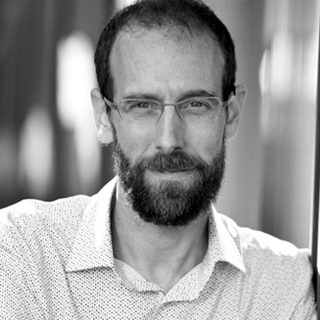He took first prize in Canada’s national physics prize exam, won MIT’s prize for excellence in experimental physics, and was one of TIME Magazine’s Heroes of the Environment. David is Professor of Applied Physics at the Harvard School of Engineering and Applied Sciences and Professor of Public Policy at the Harvard Kennedy School, and founder of Carbon Engineering, a Canadian company developing technology to capture CO2 from ambient air to make carbon-neutral hydrocarbon fuels. Best known for his work on the science, technology, and public policy of solar geoengineering, David led the development of Harvard’s Solar Geoengineering Research Program, a Harvard-wide interfaculty research initiative. His work has ranged from the climatic impacts of large-scale wind power to an early critique of the prospects for hydrogen fuel. David’s hardware engineering work includes the first interferometer for atoms, a high-accuracy infrared spectrometer for NASA’s ER-2, the development of Carbon Engineering’s air contactor and overall process design, and the development of a stratospheric propelled balloon experiment for solar geoengineering. David teaches science and technology policy, climate science, and solar geoengineering. He has reached students worldwide with an edX energy course. David is the author of over 200 academic publications with a total citation count of 15,000. He has written for the public in op-eds and A Case for Climate Engineering. David splits his time between Cambridge, Massachusetts, and Canmore, Alberta.

David Keith
Perspective
RESET.21
PROGRAM
SUBSCRIBE

